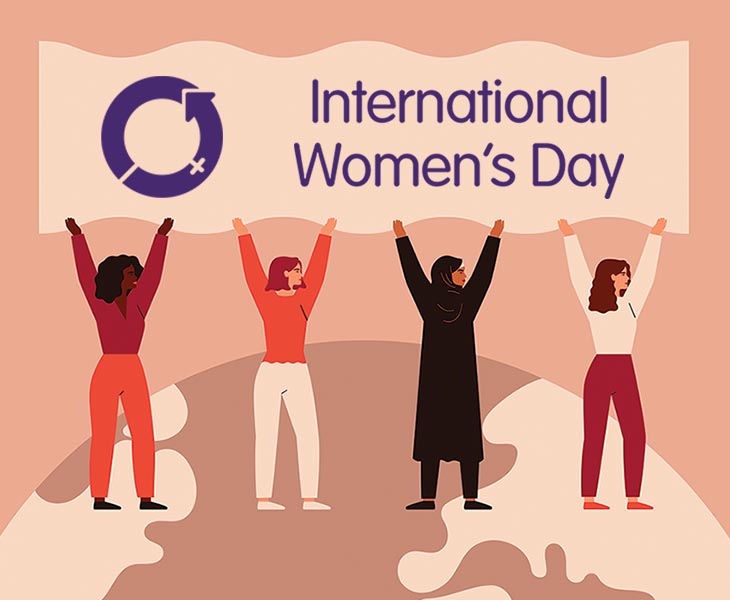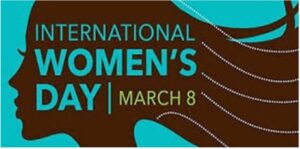
International Women’s Day
The International Women’s Day (8 March) is a day for us to join voices with people around the world and shout our message for equal rights loud and clear: “Women’s rights are human rights!” International Women’s Day celebrates the social, cultural, economic and political achievements of women across the globe. But far from singling out women, the day focuses on unity, equality and advocacy especially in a world where the differences and injustices between women and men are as great as ever. We celebrate all women, in all their diversities. We embrace their facets and intersections of faith, race, ethnicity, gender or sexual identity, or disability. We celebrate those who came before us, those who stand beside us now, and those who will come after. It’s a time to celebrate the achievements of women, whether social, political, economic or cultural.
International Women’s Day, also known as IWD for short, grew out of the labor movement to become a recognized annual event by the United Nations (UN). Historically, the seeds of IWD were planted in 1908, when 15,000 women marched through New York City demanding shorter working hours, better pay and the right to vote. It was the Socialist Party of America who declared the first National Woman’s Day, a year later. The idea to make the day international came from a woman called Clara Zetkin. She suggested the idea in 1910 at an International Conference of Working Women in Copenhagen. There were 100 women there, from 17 countries, and they agreed on her suggestion unanimously. IWD was first celebrated in 1911, in Austria, Denmark, Germany and Switzerland. The centenary was celebrated in 2011, so this year we’re technically celebrating the 110th International Women’s Day! In 1975, the United Nations started celebrating the day. The first theme adopted by the UN (in 1996 – the year HOCC was formed) was “Celebrating the past, Planning for the Future”. This year’s theme is “Women in leadership: Achieving an equal future in a COVID-19 world”, highlighting the impact that girls and women worldwide had as health care workers, caregivers, innovators and community organizers during the COVID-19 pandemic.
For more information about IWD follow the links below:
https://en.wikipedia.org/wiki/International_Women%27s_Day
https://www.internationalwomensday.com/
https://www.bbc.com/news/world-56169219

